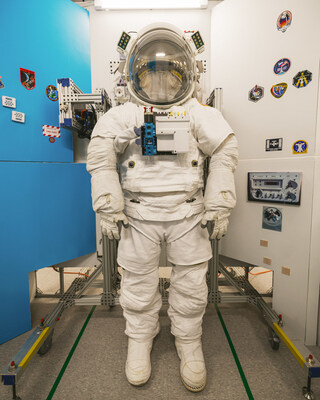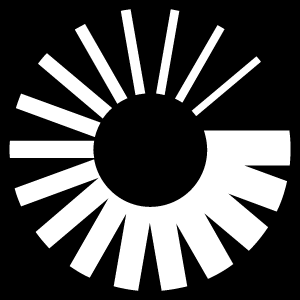RTX business Collins Aerospace announces developmental milestone of next-generation spacesuit
Company validated spacesuit performance in manufactured zero-gravity environment
The Collins team validated suit performance in a manufactured zero-gravity environment onboard an aircraft, performing a series of demonstrations performed by experienced former NASA astronauts. The primary objectives of the flight test included evaluation of the suit's pressure garment system fit and functionality, use of International Space Station tools and interfaces, and reviewed performance of the new Extravehicular Mobility Unit, or EMU, against the current design.
"The test allowed us to examine specific objectives of the design that can support a broad range of crewmember sizes and crew tasks in a controlled environment," said Peggy Guirgis, general manager, Space Systems, for Collins Aerospace.
"ILC Dover's pressure garment design leverages decades of innovation and experience to fit more astronauts than ever before, ensuring the safety and comfort of the next generation of space explorers," said Rob Reed, president of Space & Engineered Solutions at ILC Dover. "The successful test signals that we're one step closer to sustaining human life in space with the most advanced spacesuit yet."
Collins' next-generation suit is lighter weight and lower volume than NASA's current spacesuit. Its open architecture design will allow the suit to be easily modified as missions change or technology becomes more advanced. The company has engaged with current and former astronauts to guide engineering and design choices.
Ahead of a critical design review, additional evaluations are scheduled including a thermal vacuum test and an underwater test to be held at NASA's Neutral Buoyancy Lab in
About Collins Aerospace
Collins Aerospace, an RTX business, is a leader in integrated and intelligent solutions for the global aerospace and defense industry. Our 80,000 employees are dedicated to delivering future-focused technologies to advance sustainable and connected aviation, passenger safety and comfort, mission success, space exploration, and more.
About RTX
RTX is the world's largest aerospace and defense company. With more than 185,000 global employees, we push the limits of technology and science to redefine how we connect and protect our world. Through industry-leading businesses – Collins Aerospace, Pratt & Whitney, and Raytheon – we are advancing aviation, engineering integrated defense systems for operational success, and developing next-generation technology solutions and manufacturing to help global customers address their most critical challenges. The company, with 2023 sales of
For questions or to schedule an interview, please contact corporatepr@rtx.com.
![]() View original content to download multimedia:https://www.prnewswire.com/news-releases/rtx-business-collins-aerospace-announces-developmental-milestone-of-next-generation-spacesuit-302048502.html
View original content to download multimedia:https://www.prnewswire.com/news-releases/rtx-business-collins-aerospace-announces-developmental-milestone-of-next-generation-spacesuit-302048502.html
SOURCE RTX









